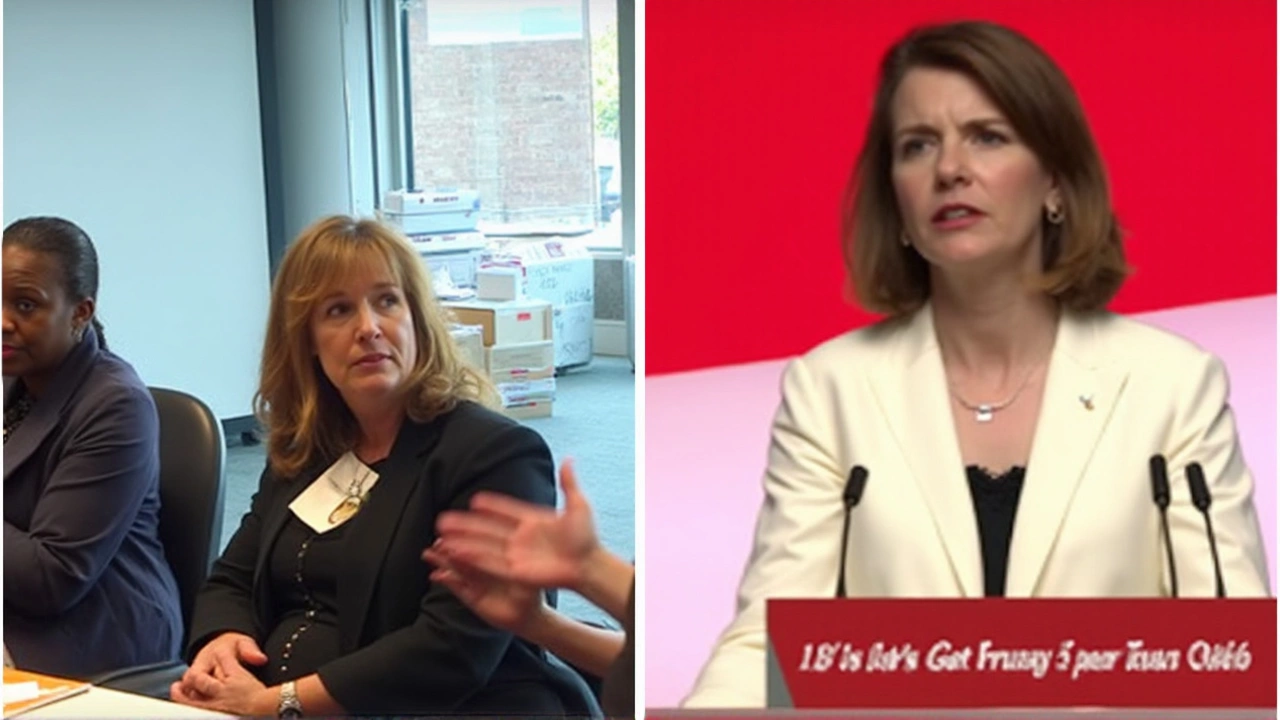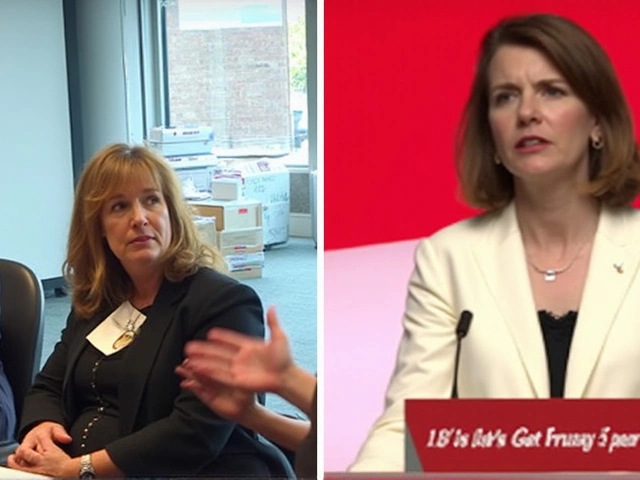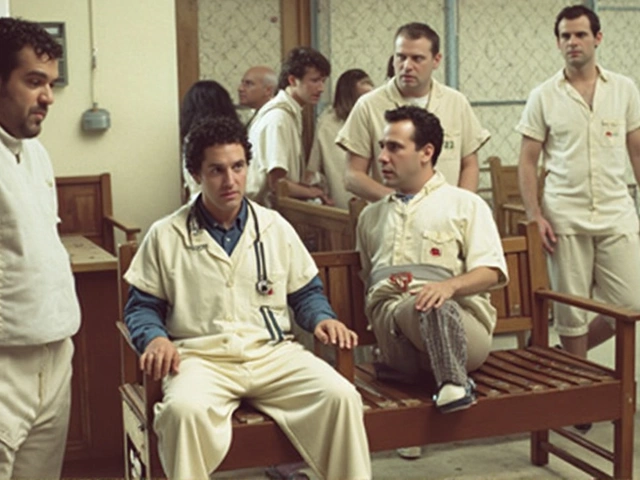Labour’s Welfare Policy Faces Scrutiny Over Coroners’ Reports
The spotlight is burning hot on Vicky Foxcroft, Labour’s shadow work and pensions secretary, after revelations that she apparently hasn’t read coroners’ reports on people who died by suicide following changes to their benefits. This isn’t just a political squabble. The issue cuts straight into the heart of public trust in the welfare system—and the claims aren’t going away.
The heat turned up when critics noticed Foxcroft gave only cursory responses in Parliament about what Labour would do differently from the current Conservative government regarding benefit-related suicides. In high-profile sessions, she sidestepped direct references to details from coroners’ reports, which describe the circumstances of deaths linked to things like benefit sanctions or delays. That didn’t sit well with campaigners or MPs hoping for a change of direction after a string of tragic cases reached the news.
DWP Failures and Calls for Accountability
At the center of the row is the Department for Work and Pensions (DWP) and its patchy handling of deaths among benefit claimants. For years, the DWP had no proper system for collecting coroners’ warnings about the dangers in their processes. The National Audit Office found that before 2016, if a coroner sent the DWP a report suggesting that benefit policies contributed to someone’s death, there was no guarantee it got logged, shared, or acted upon. Key lessons were missed because paperwork got lost or simply wasn’t collected in the first place.
This chaotic approach meant that families who wanted answers about how and why their loved ones died often got nothing—or were given only a piecemeal account after a long struggle. Disability campaigners like Ken Butler from Disability Rights UK say the DWP even destroyed some internal investigations into deaths, increasing the pain for bereaved families who will never know what happened behind closed doors. No wonder people are sceptical when politicians, including Labour’s leadership, appear unengaged with the details.
During one fiery session in Parliament, Labour MP Debbie Abrahams read out the names of 24 people who died after their benefits were cut or sanctioned, emphasizing that 69 formal DWP reviews since 2015 only scratch the surface. She and others argue these cases highlight a much larger pattern—and they’re demanding a serious reckoning.
These events have reignited calls not just for bureaucratic improvements but for a cultural shift at the top of both the DWP and Labour. Advocates want leaders to confront the reality of claimant suicides head-on, use coroners’ findings to overhaul flawed practices, and finally open up the department’s records to public scrutiny. Until that happens, promises of reform ring hollow for families left behind and for disabled communities who feel let down by the system.








Write a comment